It’s been suggested, both by intelligent observers and by Barstool Sports’ Dave Portnoy that Bitcoin, the cryptocurrency that just won’t leave the headlines and has spawned no small amount of love and hate in both its owners and detractors, is a Ponzi scheme. We expect this claim to continue for as long as the trade and its derivatives produce gains that are on par with the on-paper profits experienced by early investors in Ponzi schemes before it becomes apparent that they’ve been bilked, so let’s take a closer look at whether or not the claim has merit.
The Ponzi scheme is named after its originator, Charles Ponzi, and involves an investment that pays distributions or dividends that are purported to have been generated by a business, but are actually generated by the sale of equity from the company’s treasury to new marks. The scams have been known to last a long time, because the investors are often given the option to re-invest those distributions, compounding returns that are very reliable, because they’re fictional.
The most famous modern Ponzi scheme is Madoff Securities, which Bernie Madoff kept running for forty years or so, producing fraudulent account statements for long-time clients that included the Sterling family of New York Mets fame and BNP Paribas, one of the world’s largest banks. It came apart in 2008, when the sub-prime crisis ruined all of those clients’ non-fraudulent accounts at other institutions, and caused a flurry of redemptions that Madoff was unable to cover, because the money didn’t exist.

Without fraudulent payouts, an investment can’t be called a Ponzi scheme, and they have to be fraudulent for real: the company making the payout despite not being profitable won’t cut it. Many stocks with regular dividends continue to pay through quarters and years they lose money, sometimes using borrowed money or cash raised by selling equity, because cutting the divvy risks tanking the stock. None of those companies are Ponzi schemes (as far as anyone knows), because they file financial statements showing how the money was allocated.
Calling the stock market a Ponzi scheme wouldn’t be fair… to Ponzi schemes.
For it to be a Ponzi scheme, there has to be a lie about where a check came from. That trips up amateurs, because the world of finance is full of functional lies that keep from being classified as actual lies on technicalities. They’re projections. Outlooks designed to foster visions of tremendous potential and stimulate the greed glands, creating a market for the cheap paper the promoters are sitting on. Whether that’s a hustle or not is in the eye of the beholder, but it isn’t a Ponzi scheme, and nobody serious ever calls it one. So why are they after bitcoin? It’s basically the same hustle. What gives?
It could have to do with the fact that bitcoin isn’t the stock market, which most regular people have long written off as a fraud that has evolved around the legal system, perpetrated by loathsome people from the upper crust, with better connections, who they subconsciously expect to rip them off and get away with it. The notion that a pump could be run outside the financial system, without a bunch of suits who are probably up to no good, but have to be tolerated because they’re in charge of the power company or whatever, doesn’t seem possible. It has to be one of those… y’know… Ponzi schemes.
“They hate me because I’m beautiful!”
Those on the sidelines stammering about how it’s a Ponzi scheme when they need a break from grinding their teeth are often accused of jealousy by crypto currencies’ legion of true believers, who are only slightly more annoying, come in several basic archetypes, and won’t be talked out of this trade for anything. It’s perfect, distilled money that can’t be created by a central authority and distributed according to caste like it’s a PPP loan. To the people monopolizing all the outlets and power bars, rigging together basement arrays of mining equipment that look like something out of a cyberpunk novel, they’re getting rich because money has finally been democratized.

As the trade gets more popular, it becomes more and more difficult to earn bitcoin by contributing computing power to the network. And, so, an expanding universe of coins and tokens have exploded to fill the vacuum in mining rigs and exchanges. Innovations to ledger construction have included the proof-of-stake process that reduces the energy needs of the more modern ledgers, and allows coiners to earn new coin for doing the very thing that bring them the most joy; sitting on their HODL.
As the altcoins roll in from mining and HODLing, a growing legion of devotees learn more and more about cryptography, game theory, and the pure building blocks of money. The devoted network of nerds are then inspired to come up with new and more innovative ways to generate and trade for more altcoins, with which they ultimately do exactly what you expect them to do with them: Buy bitcoin.
Stay tuned for a look at claims that cryptocurrencies are sound money, and cash is fiat trash, tomorrow on The Dive.
Information for this briefing was found via Sedar and the companies mentioned. The author has no securities or affiliations related to this organization. Not a recommendation to buy or sell. Always do additional research and consult a professional before purchasing a security. The author holds no licenses.

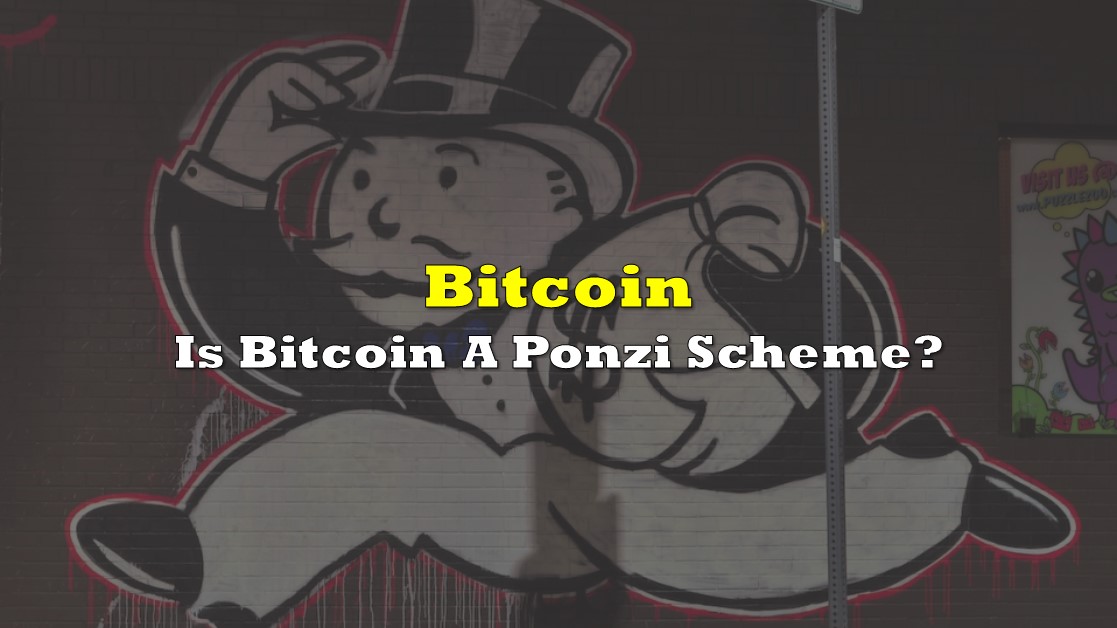




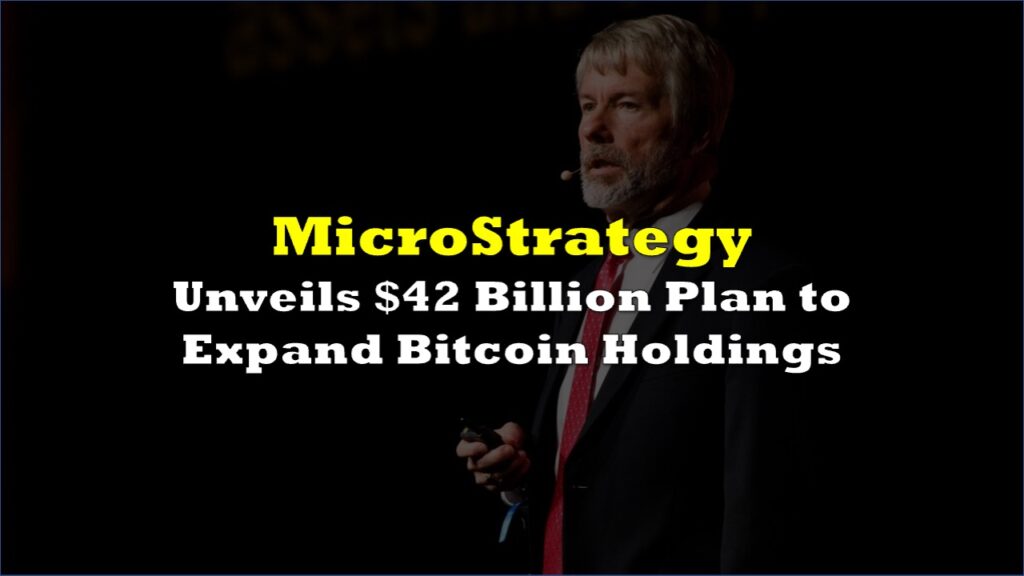
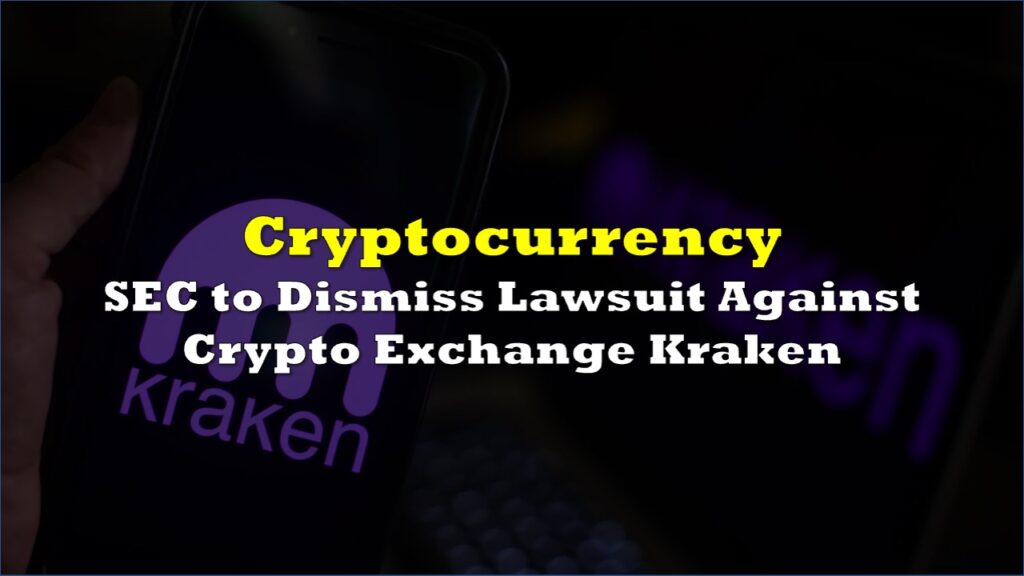
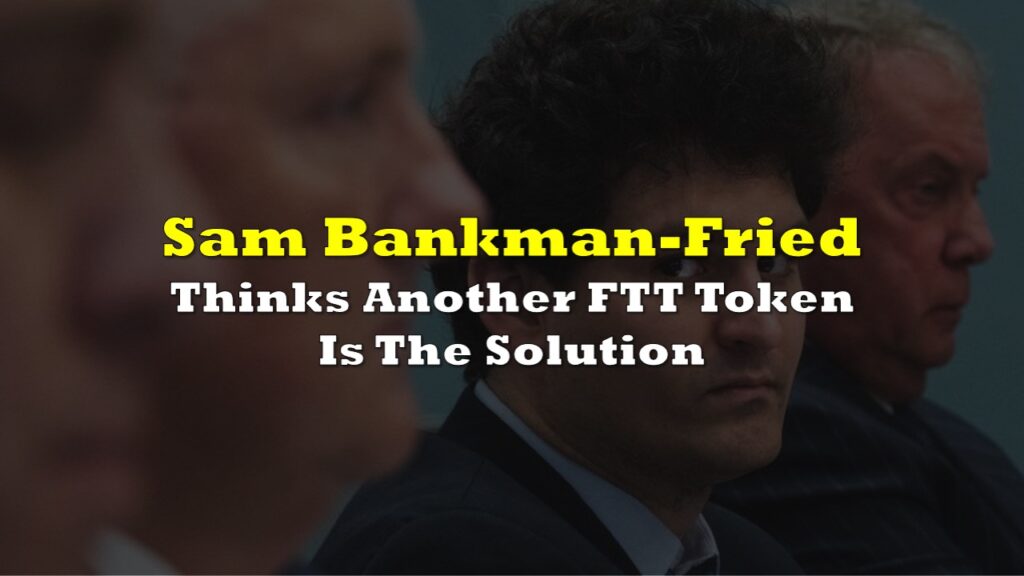
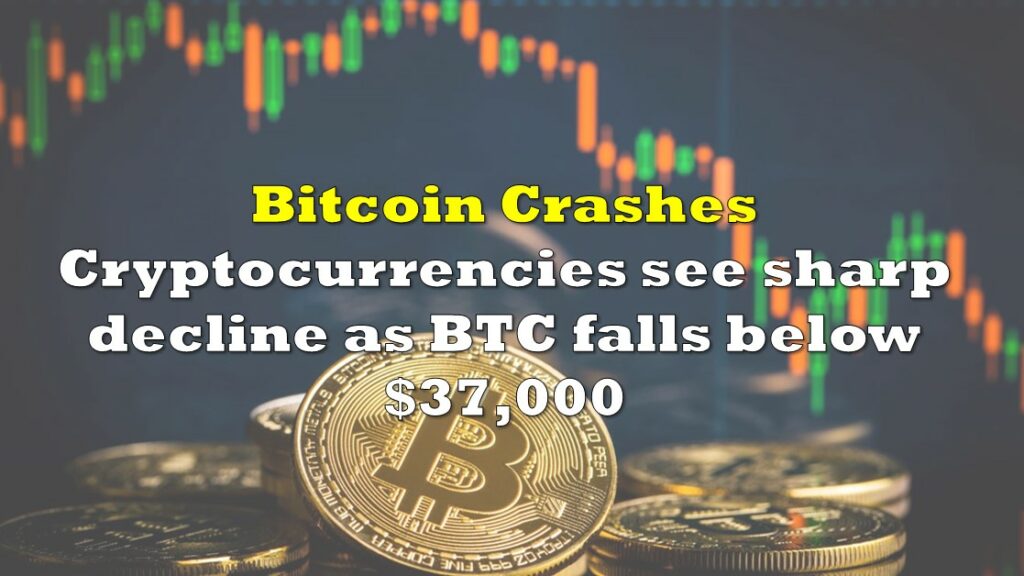
7 Responses
Bitcoin may have been a scheme invented by Wall St. Sell-Side Brokers. Because Bitcoin aficionados are strongly desirous of their virtual tiddlywinks escape regulatory scrutiny, the assets can literally be sold first without owning any.
A certain tribe.
This is kind of like asking if a computer is a magic robot. Its like, maybe if you’re coming from a perspective where you have never seen this kind of technology or how it works, sure, the desrciption magic robot works. But it doesnt work at the level of accurately describing the system. Bitcoin is a currency and just like any other currency, can change value based on supply and demand and inflation. Thats it. You aren’t brokering Bitcoin from an individual, and ALL transactions are logged on a public ledger called the blockchain. Things bitcoin lacks in a comparison to a Ponzi Scheme: Its not run by a company, corporation or individual. There are no shares. You are never promised a return. The value is not being manipulated by anything other than market forces.
Most people don’t know the exact definition of a Ponzi Scheme so it’s used as a generic term meaning a scam. I think pyramid scheme would be a more appropriate term as you need someone to pay more than you paid to make money. And to be fair you could use that to describe many investments today.
As a currency it is not the same as any other currency as it is not backed by government so you can’t use it to pay your taxes among other things. It is a speculation tool, the only reason anbody buys it is to sell it for more money yet it has no intrinsic value.
Roughly 98% of all bitcoin value is controlled by fewer than 5% of the people who own it. How can you suggest it isn’t being manipulated with such disparate ownership within a “free” market?
Bitcoin is a Poor Man James Bond insurance policy against Rich Man Wall Street. The curve of bitcoin value will forever be exponential just like the expanding universe. Because in the expanding universe a new space is being created all the time, the old measure of distance such as meter or mile are no longer applicable. Instead, galaxies in the sky are considered to be a new metric for distance. The number of all galaxies in the universe is huge but finite, just like the total number of bitcoins. The new space that is being generated in between galaxies represents ever-increasing bitcoin value as expressed in fiat currencies, the value that is stored within the universe. Right now, the universe is 96 billion light years in diameter, although it is only 13.8 billion years old. It will continue to expand exponentially forever just like bitcoin value space as measured in fiat currencies.
What are the repercussittons?
Just as gravitation that pulls galaxies together is gradually becoming less of a factor as the expansion of the universe accelerates the bitcoin profit taking by big institutions will gradually become negligible and will have no effect on the exponential curve of bitcoin value increase as expressed in fiat currencies. Therefore, in the forseeable future, it will be possible to buy only an extremely tiny fraction of a bitcoin whether you are a Wall St institution or Main St dude. It will serve as an insurance policy that parents will pass on to their children and their children to their children and so on. It is like having a tiny portion of Leonardo Da Vinci’s famous painting: you keep it within family knowing perfectly well that its value will constantly go up as the time pass by. If you sell it on an auction you will no longer be insured.
Hi Braden great insight I am with a company as of present I thought to give it a try don’t feel 100% may be 70% I will give it 3 to 6 mts. will not give more l don’t know a lot of people to evaluate that some one I know has made money in bitcoin only what I hear and read about